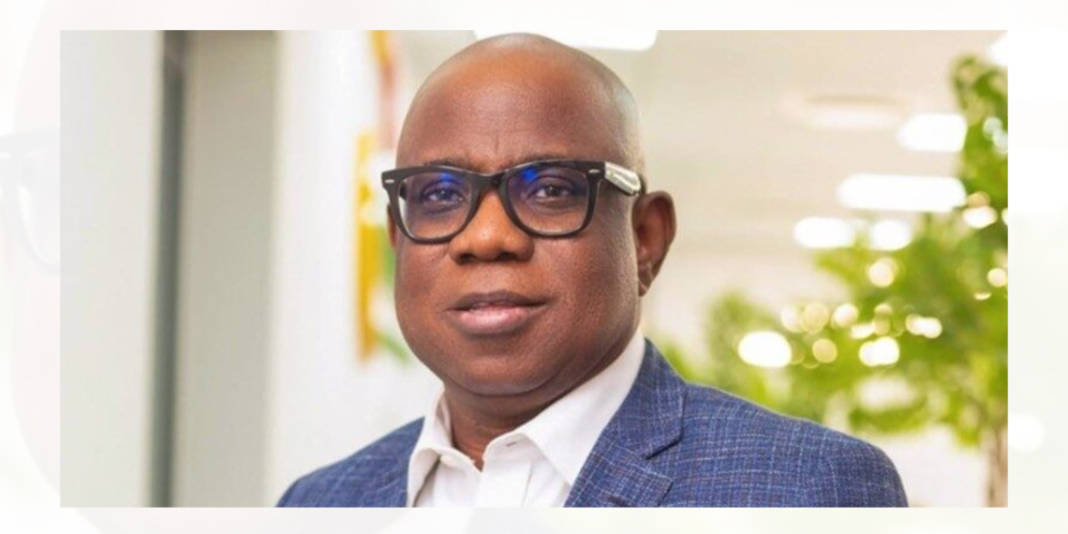President Bola Tinubu has appointed an 11-member board for the Nigerian National Petroleum Company (NNPC), but the glaring gender imbalance has sparked concerns about inclusivity in Nigeria’s oil sector. Of the eleven appointees, only one is a woman—and she is not an independent appointee but an institutional representative.
Minimal Female Representation
Lydia Jafiya, the permanent secretary and representative of the Federal Ministry of Finance, is the lone female on the board, as confirmed by presidential spokesperson Bayo Onanuga on Wednesday. This has reignited the debate over gender representation in leadership roles within Nigeria’s oil and gas sector.


Leadership Reshuffle
In a significant shake-up, President Tinubu dismissed NNPC’s Group Chief Executive Officer, Mele Kyari, and board chairperson Pius Akinyelure. Bayo Ojulari has been appointed as the new Group CEO, while Ahmadu Musa Kida takes over as the non-executive chairperson.
Other board members include:
- Bello Rabiu (North West)
- Yusuf Usman (North East)
- Babs Omotowa (North Central)
- Austin Avuru (South-South)
- David Ige (Southwest)
- Henry Obih (Southeast)
- Aminu Ahmed (Ministry of Petroleum Resources representative)
- Adedapo Segun (Chief Financial Officer)
- Lydia Jafiya (Finance Ministry representative)
Gender Disparity in Leadership
The appointments have been met with criticism, particularly as they contrast with Tinubu’s campaign promises of ensuring greater female representation in governance. The previous NNPC board, appointed by former President Muhammadu Buhari in 2022, included two women—Margery Okadigbo as chairperson and Lami Ahmed representing North Central.
Despite advocacy for gender balance, Nigeria’s oil sector remains predominantly male-led. Women’s representation in governance and leadership roles across various sectors continues to fall short of expectations.


Expert Reactions
Bala Zakka, an oil and gas analyst, described the appointments as “skewed” and emphasized that Nigeria has many competent women capable of serving on the NNPC board. He called for future appointments to reflect greater diversity, noting that if the trend persists, it must be challenged.
Gender advocate Mabel Adinya criticized the appointment as a continuation of gender imbalance in Nigeria’s governance, warning of its broader implications for policy and economic inclusion. As the founder of Adinya Arise Foundation (AAF), she highlighted that the exclusion of women contradicts Nigeria’s National Gender Policy, which calls for at least 35% female representation in government roles.

Calls for Action
Adinya stressed that a male-dominated board is less likely to prioritize policies that alleviate economic burdens on women and vulnerable groups. She urged the government to integrate gender-responsive policies and for the National Assembly to make the 35% representation quota mandatory in all government appointments.
“Nigeria risks economic stagnation by sidelining women’s contributions,” she warned, citing global research linking diverse leadership to better governance and economic performance. She called on the NNPC and other government institutions to ensure inclusive decision-making and gender-balanced leadership in the future.




